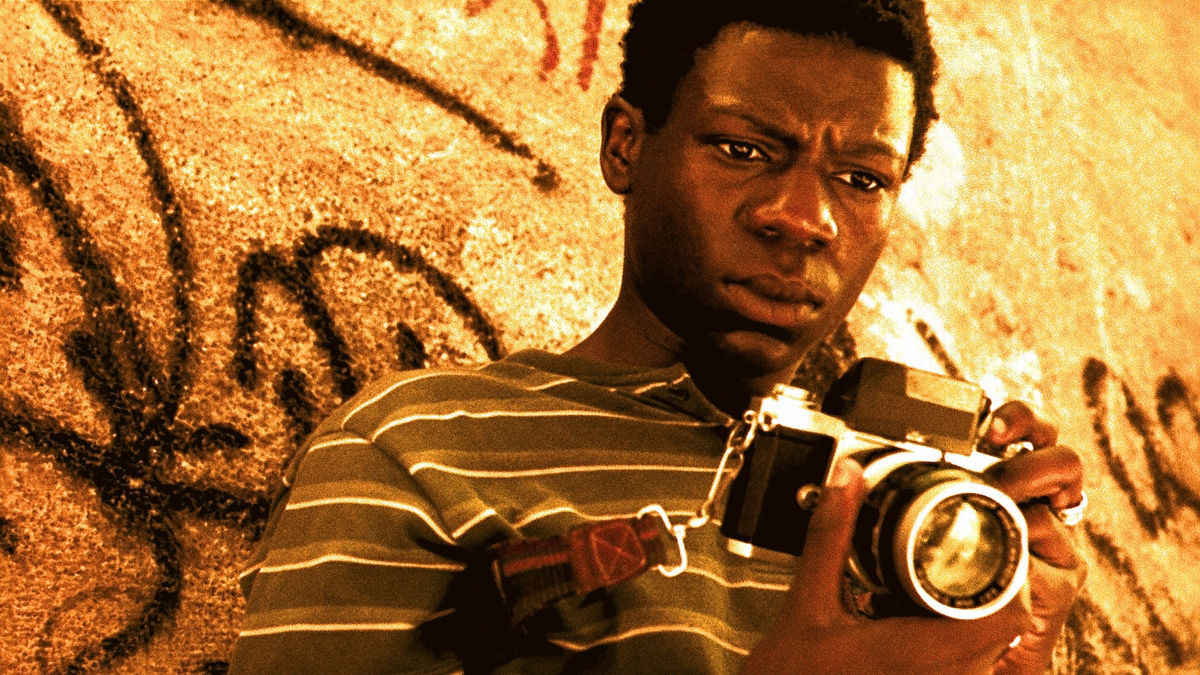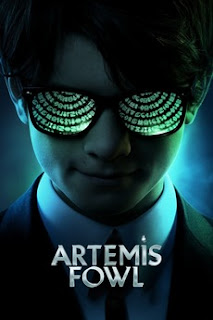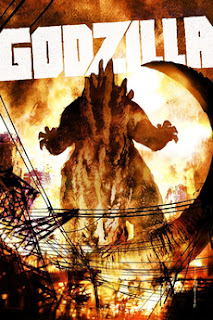Movie Review: City of God (2002)
We came to the City of God, hoping to find paradise. Many families were homeless due to flooding and acts of arson in the ghettos. The bigwigs in government didn't joke around. Homeless? Off to the City of God! There was no electricity, paved streets, or transportation. We were too far removed from the picture-postcard image of Rio de Janeiro.
As spoken by the film's narrator, Rocket, the City of God, within its first ten minutes, already summarizes what type of route it will take with its story. And if you haven't caught on yet, it's not a pleasant one either. Co-directed by Fernando Meireless and Kátia Lund and based on the novel of the same name, this crime story loosely based on true events chronicles the rise of organized crime within the suburbs of Rio de Janeiro, as tensions between rival gangs escalate to an all-out war.
Though not numerous, I've seen a few individuals here and describe the City of God as the Brazilian Goodfellas. While both films follow throughout multiple years of history in the rise and fall of their gangsters through their fast pacing and stylized approach, the major difference I find is that the City of God from the start removes any sort of pretense that its gangsters can justify labeling themselves as civilized people.
It's within the film's raw and uncompromising center that the City of God emerges as a terrific piece of film-making. From the first frame alone, the film establishes itself and its city as chaotic, morally depraved, and the horrors committed by its peculiar residents are seen as relativity normal. And from there on, this film doesn't stop moving. Through skillful usage of quick cuts and closeups, City of God does wonders in transports the viewer into not the world it has created but into the mindset of its various citizens.
At the center of the chaos that calls Rio home is Li'l Zé, whose dark humanity serves as the catalyst for the film's events. As the residential drug lord, he lives for only one thing; Power. Power over his rivals. Power over the city. And in the end, convincing himself that he is the God of the city itself. Unflinchingly relishing any chance he has to display any sort of dominance to anyone who by accident had a wrong look towards him, Li'l Zé fulfills the cafeteria one would expect from a sociopath like himself.
However, what truly makes this character shine is that for all of the terrors he's enjoys unleashing upon his victims, he is not as infallible as he wishes he could be. His quest for power illustrates just how alone and insecure he is on the inside. Zé can kill a random stranger without giving it a second thought. He is also the same person who struggles with the mere act of asking a girl to dance with him. His teeth are always barred. For instance, they can find something to bit onto, but the idea that his close (and only) friend leaving a life of crime, and in turn leaving him, reduces him to the equivalent of a poor child only seeking the loving affection of their guardian l. With this solid character writing, Leandro Firmino da Hora's performance perfectly ensures that Li'l Zé provides a strong source of menace while being able to invoke a rare moment of sympathy when the cracks start appearing.
Something that ties Leandro with most of his fellow cast is that they were not professional actors with years of experience. Most of them were from real-life favelas, with some originating from the City of God itself. Meireless himself has stated this decision was due to a lack of experienced black actors and a desire for authenticity. Authentic would be a perfect word this describe the performances. I've already mentioned how well the film-making captures the feel of its setting, but these actors play a crucial role in grounding this world for the viewer. Using a combination of improvisation and training, the cast never wandered into the dangerous territory of come across as fake. Instead, the performances are natural and sincere in their output for this film.
In turn, this helps ensure that whatever dialogue is used from Bráulio Mantovani's screenplay feels as it was spoken by real people. Mantovani himself, though, does a fantastic job in creating little details the film sets up (And even tells you outright they will matter later) and then paying them off in huge and unexpected ways. Structurally, the film is about how it comes to this one moment, but there are plenty of little arcs regarding certain characters that end becoming a bigger part of the full picture.
Covering so much history from the 1960s to the 1980s, City of God could have suffered at the hand of a worse director or editor. But in the hands of its two directors and editor, Daniel Rezende, the film never loses its momentum or focus. Of particular notice is a moment in which the film cuts through Li'l Zé's history through the aforementioned quick cuts that not only illustrate his development but fit within the chaotic nature of the film seamlessly.
For a film like the City of God that is so compelling and well-crafted throughout the duration of its run-time, the only real major nitpick I have is that they may be events in the film that are more conventionally interesting to me than others. Rocket's story to be a photographer and observing the lives of his neighboring gangsters doesn't necessarily tickle my devilish desires in comparison when Zé decides to make himself the center of attention. That being said, Rocket serves the film's average Joe that sees what happens in this film the same way we, the audience, do. And his arc is thematically important within the context of the story.
It must be understood that for the vast differences between them, there is one thing that connects both Rocket, Lili Zé, and all the other faces we follow. For a city that promises success and wealth akin to the American dream, everyone's ambitions are to find that success. That's not to say that the violent acts committed by its denizens are justified. Not at all. However, what can one expect when those promises end up being empty. What happens when the unfortunate and poor must fend for themselves? If a vile beast comes from around the corner in the City of God, then there is nothing you can do. If you run, the beast catches you; if you stay, the beast eats you. And when the time of the beast comes to an end, there's always a new one to take its place.
4.5/5




Comments
Post a Comment